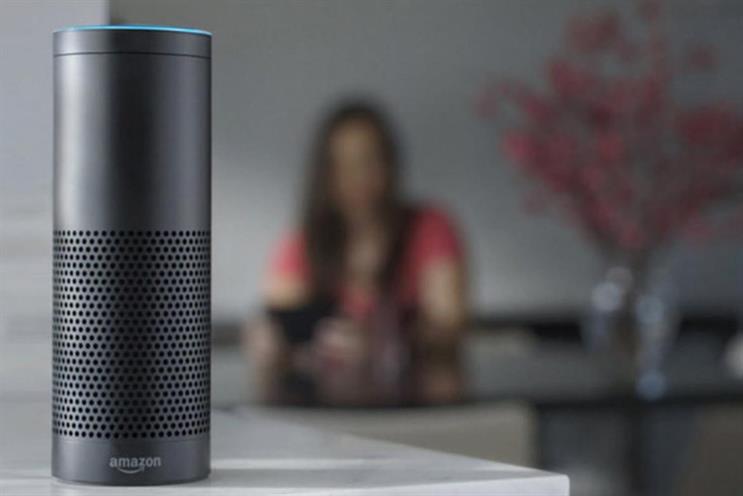Since the advent of the personal computer we’ve been using our digits to interact with our devices. But as speech recognition becomes more sophisticated, that’s set to change.
Google claims its voice recognition accuracy is now at 92% (last year it was 75%). Actually, 92% is still pretty frustrating, but the leap, when it comes, to 99% is predicted to be the game-changer.
At 99%, voice recognition is quicker and easier than typing the same words. At that point the hypothesis is that all of us will go from barely using voice-based commands to using them all the time.
In fact, Google Trends show that Google voice search queries in 2016 are up 35x over 2008 (Google voice search was launched 2009) and as a result, Google has seen much more use of natural language searches, rather than formal query strings.
However voice searches still account for only approximately 12% of all searches (across both desktop and mobile) so we remain at a fairly low base.
Both Henry Ford and Steve Jobs famously never consulted customers before taking product development leaps, perhaps voice assistants are in the same territory.
What's interesting for me, and always is in the world of human/technology interaction, is how we, as idiosyncratic human beings, will react to the new opportunity.
Will the generation who prefer texting to talking, and who would rather die than pick up the phone to speak to someone, suddenly rediscover the power of their voice – just because the technology now exists?
Headline-grabbing predictions proliferate on how rapidly we will all convert to voice, with Comscore claiming, "Half of all searches will be voice searches by 2020". But there's no definitive data on current adoption. "One in five online adults have used voice search on their mobile in the last month" (could be just the once) is one stat from Global Web Index which does appear to conflict slightly with "40% of adults now use voice search once per day", again from Comscore.
Adoption and usage are the big questions. Obvious problems with voice search present themselves for both security and privacy.
There's a reason why people diligently clear their search and browsing histories. (You may not realise that Google stores all your voice searches and that you can find them all and play them back, to slightly creepy effect).
Voice searches on a crowded train or at work loom like a minefield.
So, the privacy of our home and car seems to be where we can all reasonably imagine voice-based commands and search having more advantages than drawbacks.
Manufacturers and tech companies have responded accordingly – viz the battle currently being fought between Amazon Echo and Google Home. But, with a recent study showing 79% of teenagers and 63% of adults giving "It's cool" as a reason for wanting to use voice search, I wonder if vague geeky enthusiasm will translate into forking out the £129-£149 needed for either of those products, particularly in the younger age group?
The challenge for brands will be working out which products and services can, and should, be optimised for voice based on a pragmatic assessment of how the technology will be used by us as customers – rather than racing to invest in optimising for voice searches, users may always prefer to type discreetly (Ann Summers, I wouldn't be rushing).
I just have a niggling feeling that voice could be one of those technological leaps that we're all getting excited about without actually considering whether it's something consumers really, really want. Or really want right now. Both Henry Ford and Steve Jobs famously never consulted customers before taking product development leaps, perhaps voice assistants are in the same territory.
However, if asked, my personal priority (and that of many of my colleagues) is for a smartphone battery that lasts longer than a few hours without me needing to locate a power point. In 2017 that would be a much more valuable technological advance to me than being able to command a voice assistant to order a pizza that's only one click away on the phone permanently glued to my hand.
To those who say that being able to put down our phones is the whole point of voice search – when do any of us EVER put down our phones? Have you peered into any home recently?
Witness the battle currently being carried out on our roads to get drivers to use hands-free headsets instead of texting at the wheel, and soaring fatalities because they won't. You get my point. We are all very wedded to typing, even when there are very pressing reasons not to be.
I'm as excited by developments in technology as the next woman in digital, but for me, accuracy is absolutely key to voice search taking off (notwithstanding my question marks on adoption). 92% is just not going to cut it.
Even at 95% juggling a phone may still seem easier and quicker. Get to 100% however and we may be talking.
Tanya Goodin is chief executive of Tamar.


